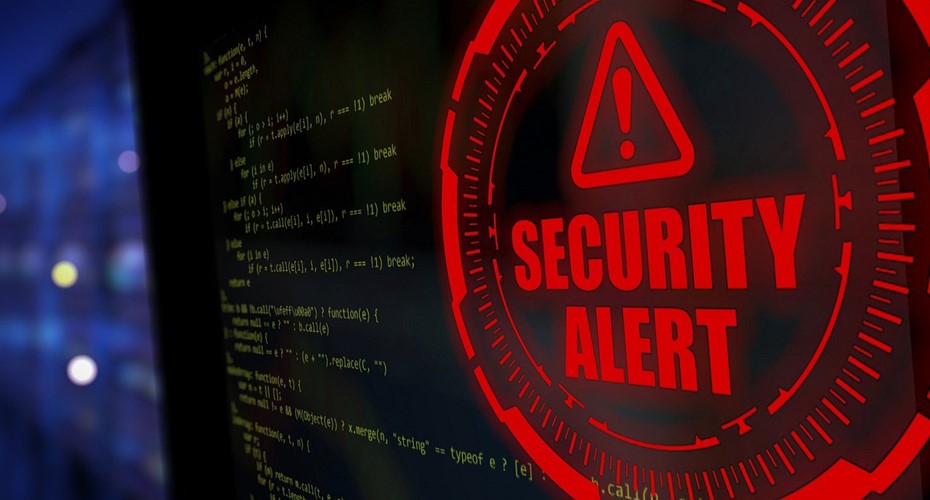Can Businesses Really Protect Themselves from Cyber-attacks?

The rapid transition to remote working amid the pandemic has left businesses exposed to cyber criminals and security breaches. As businesses enable their employees to work from home, traditional security systems which focused on protecting the assets within a company’s four walls, are longer able to protect a business from security breaches. This has led to an increase in cyber-attacks both here in Ireland and across the globe. In Ireland 90 per cent of businesses said that they have experience and increase in cyber-attacks in the last 12 months, a survey by EY consultancy group found last month.
Experts told the Future of Cyber Security: Global Challenges and Opportunities webinar that it is a matter of when not if a company will be hit by a cyber-attack. Speakers urged business leaders to modernise their security systems to match the needs of their new business model.
Speakers at the webinar included Bindu Sundaresan, Director Cyber Security at AT&T, Mary O’Brien, General Manager of IBM security, Liesyl Franz, Senior Policy Advisor in the Office of the Coordinator for Cyber Issues at the US Department of State, Gary Olsen, Senior Assistant VP at AT&T and Mark Redmond, Chief Executive, AmCham.
How Can a Business Protect Itself from a Security Breach?
- Businesses should run simulation cyber-attacks on their security systems to prepare for a potential security breach. Experts said that while companies cannot control cyber-attacks, they can control their response. Simulation attacks allow businesses to find the vulnerabilities in their security systems and fix them so that the impact on the company and its reputation can be controlled.
- Businesses should run a cyber risk assessment to understand how vulnerable they are to attacks. A recently published IBM threat intelligence index found that Europe is the region most often attacked by cyber criminals.
- Businesses should get a trusted cyber security advisor who can assess the company’s security system, make recommendations on how to build a stronger defence system and who can prepare a business on how to respond in the event of an attack.
What the Cyber Security Industry can do to Help
Experts called on people within the cyber security industry to start collaborating to hunt down cyber-criminals and prevent future attacks. Cyber criminals are working together to make attacks more sophisticated, more targeted, and more profitable. Speakers told the webinar that in order to deliver complete security programmes and prevent the onslaught of cyber-attacks, the cyber security sector must also start working together to share techniques, indicators and threat intelligence. Experts also called for open standards and open security interoperating capabilities to improve breach detection and response times.
AmCham’s Cyber Security Agenda
Many AmCham member companies place cyber-security as a top priority, for their business, their employees and their customers. AmCham understands that ensuring both the public and the private sector are protected from cyber-attacks requires investment and resourcing for cyber security within relevant public bodies such as the Central Bank and the Data Protection Commissioner. AmCham is committed to working with government to give our members perspective on the national cyber-security strategy including our recommendations covered in our Pre-Budget Submission:
- Publication of an updated cyber strategy for Ireland with a funding and expertise model that reflects the strategic importance of protecting the world-class “asset base” located here.
- Execution of full-scale assessment – to include digital capacity; skills and expertise and funding of the key regulatory authorities covering areas including taxation, data, export controls and financial services to ensure they are future-proofed to fulfil both their national and, where applicable, EU mandates in respect of multinational organisations.
- Implement a cloud first policy requiring public sector bodies to first consider public cloud, before any other options, when upgrading or introducing a new service.
- Position Ireland as a global centre of cyber excellence by:
- Continuing to support the National Cyber Security Centre with significant funding and resources.
- Provide robust investment in technology for the Garda National Cyber Crime Bureau and the Defence Forces’ Communications and Information Services.
- Deepening and strengthening of international relationships and collaborations at governmental, agency and public body levels.